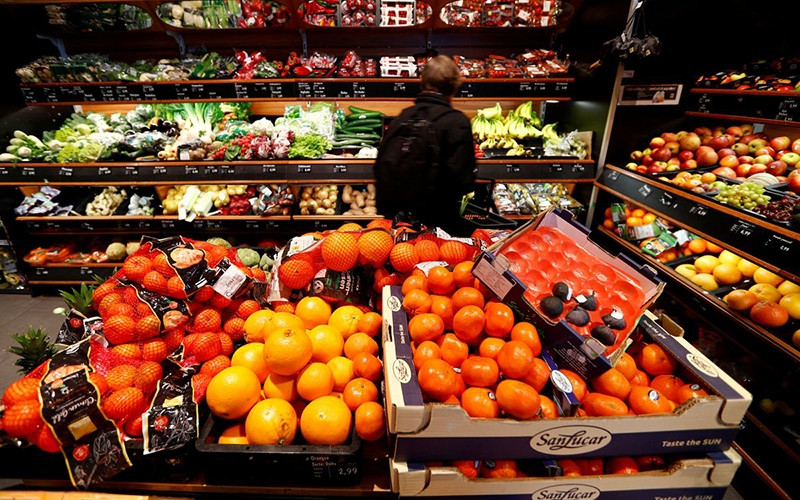Germany’s post-pandemic recovery is anticipated to continue, but at a significantly slower pace than forecast due to inflation. The Russian-Ukrainian conflict has resulted in a significant decline in economic activity.
According to the new forecast, Germany’s annual inflation rate could rise to 7.1% in 2022, much higher than the previous forecasts of 5% and 3.6% made in March and December 2021, respectively. Deutsche Bundesbank President Joachim Nagel warned thatinflation could worsen, possibly even exceeding the level of the early 1980s, if prices continue to jump.
One of the main reasons for the high inflation rate in Germany, and the entire eurozone in general, is the sharp increase in food and energy prices. The upward trend in energy prices has persisted for a long time and was exacerbated by the outbreak of conflict in Ukraine.
As in many other countries, consumer prices in Germany have been pushed up by the conflict in Ukraine and supply chain bottlenecks in Asia, especially soaring energy costs. The high inflation rate is a burden on German people and businesses, reducing the purchasing power of consumers.
The recovery from the COVID-19 pandemic and the impact of high inflation will be the decisive factors for the EU’s largest economy by the end of 2022. According to the Bundesbank forecast, the growth rate of the German economy will only reach 1.9% in 2022, a sharp decreasefrom the previous forecast of 4.2%. The bank also expects German inflation to be 4.5% in 2023 and 2.6% in 2024, higher than its previous forecast of 2.2% for both years.
Analysts predict that energy prices may start to fall and supply bottlenecks will gradually ease. However, Bundesbank said that sudden high inflation could destabilise and erode the purchasing power of consumers. According to statistics, energy prices in May soared by 38.3% over the same period in 2021, while food prices increased by 11.1%. In addition, German industries are struggling with supply chains for raw materials and input intermediates, resulting in products being more expensive.
Controlling inflation is a top priority in the German Finance Ministry’s fiscal policy, with the aim of breaking the current inflationary spiral. One of the measures that German Finance Minister Christian Lindner emphasised is ending the expansionary fiscal policy that has been implemented in recent years. High inflation is a “huge economic risk”, and drastic measures are needed to tackle it, he warned. According to experts, the reduction in fuel prices and other support measures by the German Government will ensure that the inflation rate will not continue to rise in the coming months.
Bundesbank President Joachim Nagel also called on the European Central Bank (ECB) to take decisive action to rein in soaring prices. In response to the efforts to curb inflation being carried out by other central banks, the ECB announced a plan to raise interest rates in the coming months, thereby increasing key interest rates by25 basic points on July 21. This is the first rate hike by the ECB in more than 10 years. The bank has also left open the possibility of continuing to raise interest rates this September.
In addition to temporary fiscal measures and tightenedmonetary policy to control inflation, the German Government, and European countries in general, must make efforts to devise measures to deal with the impact of the conflict in Ukraine and the unpredictable developments of the COVID-19 pandemic. Maintaining the recovery momentum is a big challenge for Europe’s leading economy in the current context.
















